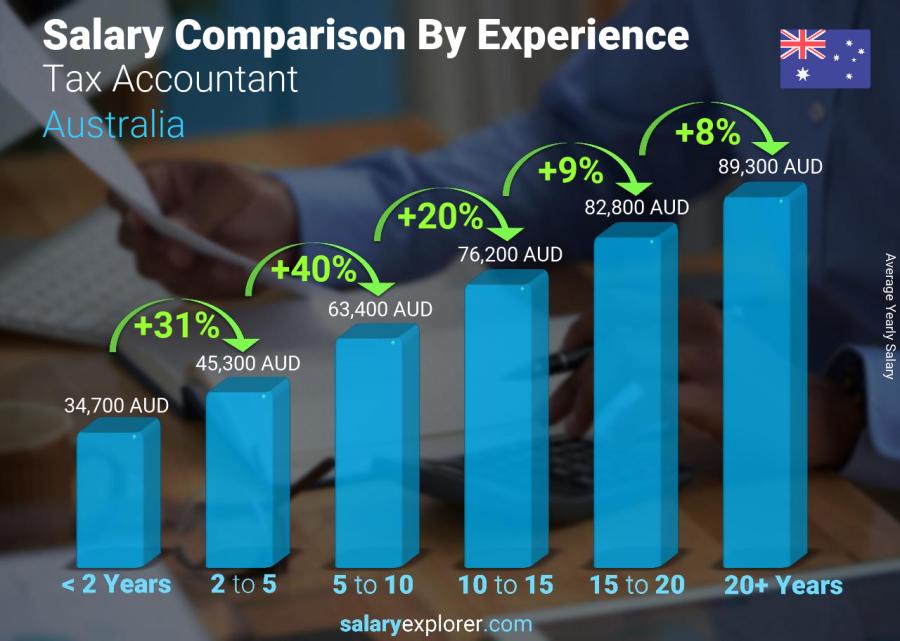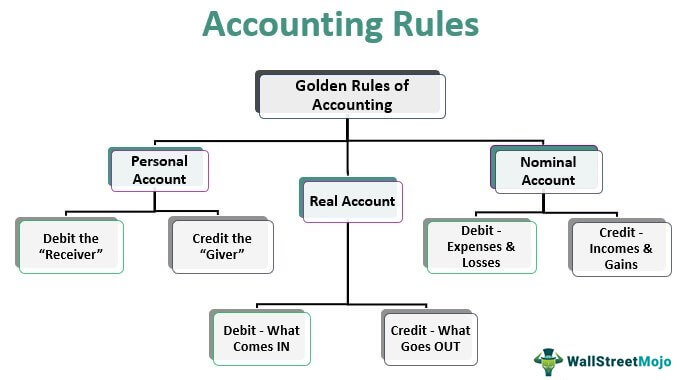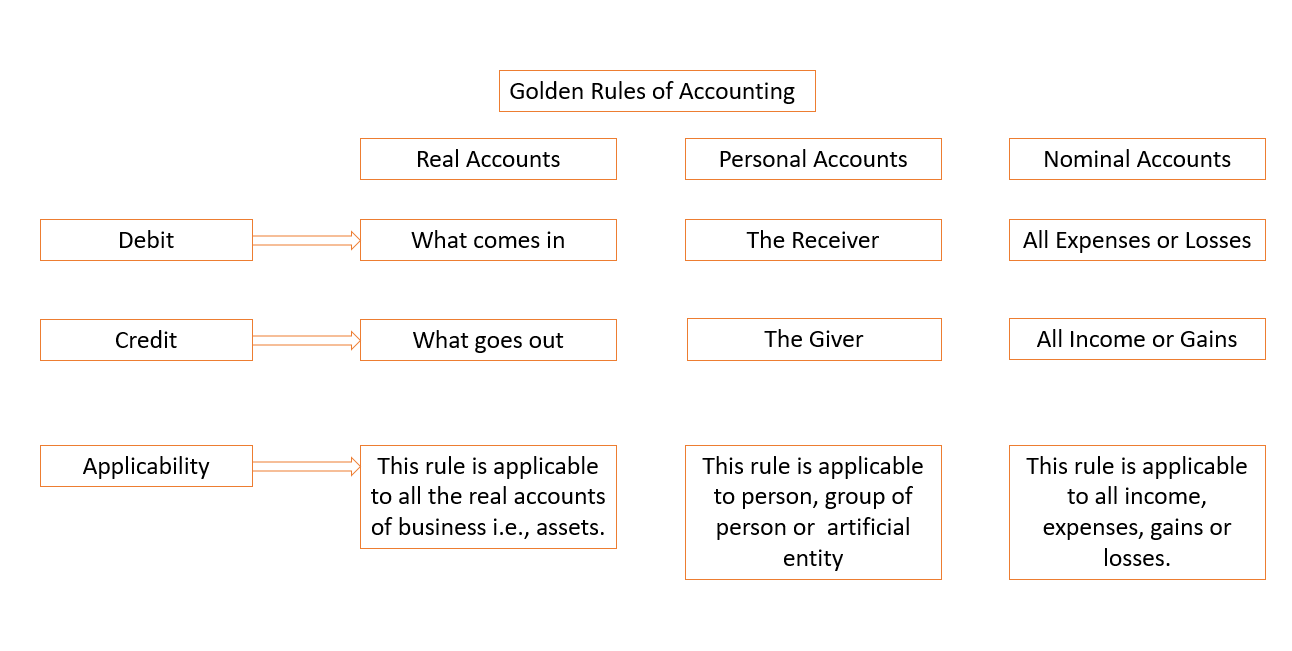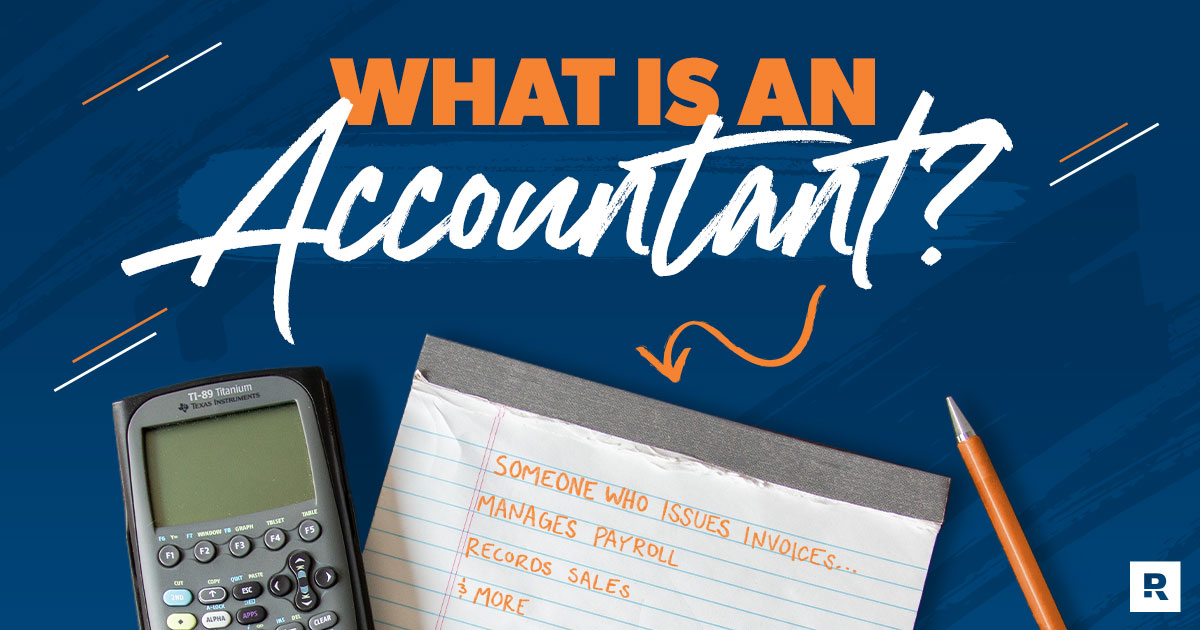How much do tax agents earn in Australia?
Understanding the earning potential of tax agents in Australia
The role of a tax agent
How much do tax agents earn in Australia? Tax agents play a key part in Australia’s financial landscape. They are qualified experts who are authorised to offer individuals and organisations expert guidance and support in all matters pertaining to the fulfilment of their respective tax responsibilities. The in-depth understanding of the numerous complicated tax laws and regulations that tax agents possess enables them to ensure that their customers continue to comply with the law while simultaneously maximising their tax benefits.
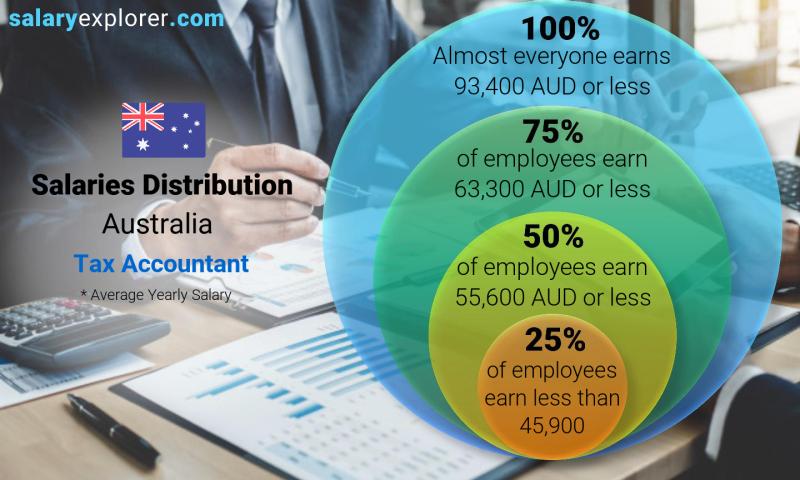
Earnings based on experience and qualifications
The potential earnings of tax agents in Australia can vary widely depending on a number of criteria, including the sort of clients they work with, their level of expertise, and their certifications. In general, tax agents who have greater experience and advanced degrees tend to earn higher wages than those who do not have either of those things.
Salary range for tax agents
The Australian Taxation Office (ATO) has released data indicating that the median annual salary for tax agents in Australia is approximately 70,000 Australian Dollars (AUD). However, it is essential to keep in mind that this number represents the median, and that individual wages might vary greatly from one person to the next.
Factors influencing tax agent earnings
Experience is one of the most important factors in establishing a tax agent’s earning potential, just as it is with any other type of professional. In most cases, the salaries of tax agents with less experience are lower than those of their more experienced peers.
credentials and certifications: A tax agent’s earning potential can be increased by obtaining advanced credentials, such as a Master’s degree in taxation or certified practising accountant (CPA) status. Other examples of advanced qualifications include a certified public accountant (CPA) designation. These certifications are evidence of a greater degree of knowledge and have the potential to attract clients willing to pay a premium fee.
Clientele: The variety and volume of a tax agent’s clientele can have a significant impact on their revenues. When it comes to earning potential, tax agents who work for major firms or high-net-worth individuals typically have better opportunities than their counterparts who serve taxpayers who are individuals or small enterprises.
It is possible for the income potential of tax agents to vary significantly across different locations in Australia due to geographic location. In general, major cities and regions that have a greater cost of living offer higher pay, whereas regional locations may have lower average incomes.
Additional sources of income

The majority of the time, experts in this sector have the opportunity to increase their earnings in addition to their primary source of income, which is acting as tax agents. These may include the following:
Advisory services: In addition to assisting clients with issues pertaining to taxes, some tax agents offer consulting and advisory services. This may involve providing financial planning, investment guidance, or business consulting services, all of which enable the individual to earn extra sources of revenue.
Tax agents are expected to participate in continuing professional development, also known as CPD, in order to keep their knowledge and skills current. They might increase their income even further by holding training sessions or teaching courses in the subject matter that is already within their purview of competence.
Opportunities for career progression
There are several opportunities for agents of the Internal Revenue Service to advance their careers, which can lead to improved earning potential. They have the option of pursuing specialised qualifications, such as becoming a registered tax agent or a certified tax advisor, both of which can pave the way for employment opportunities with greater salaries at respected companies.
Conclusion
The prospective earnings of tax agents in Australia are determined by a number of criteria, including the agent’s level of expertise and certifications, the clients they serve, as well as their geographic location. Although the typical annual salary for a tax professional is somewhere around 70,000 Australian Dollars (AUD), individual salaries might vary greatly. Tax agents in Australia have the opportunity to increase their earning potential and enjoy a meaningful and prosperous career in the country’s tax business if they gain experience, pursue further credentials, and grow their client base. For ashfield tax agents see here.

